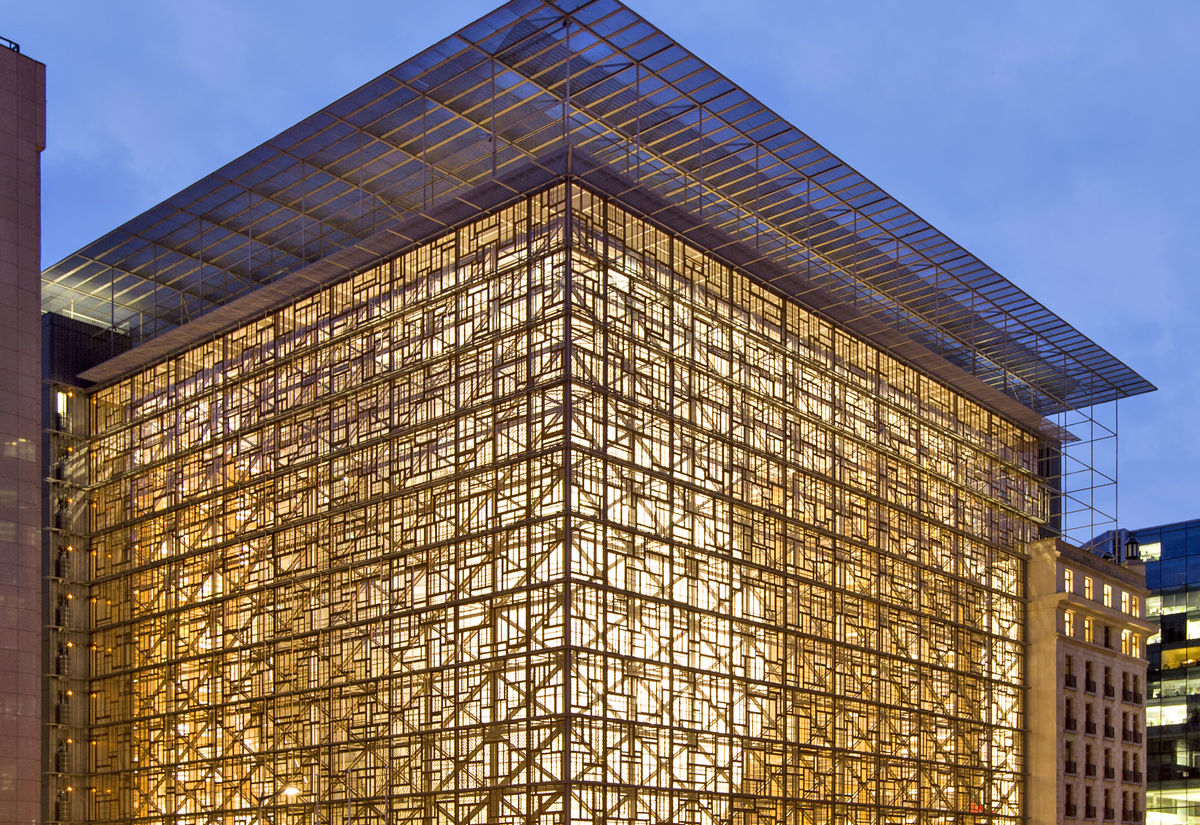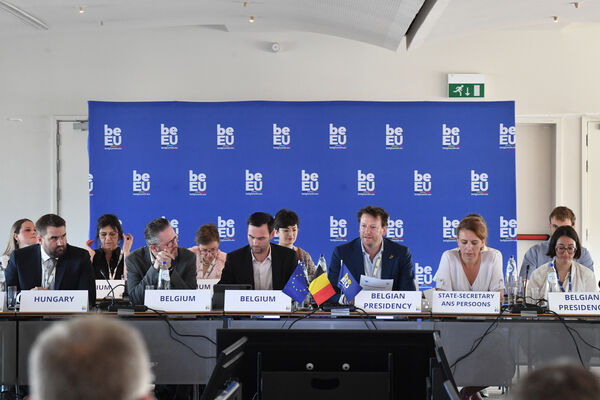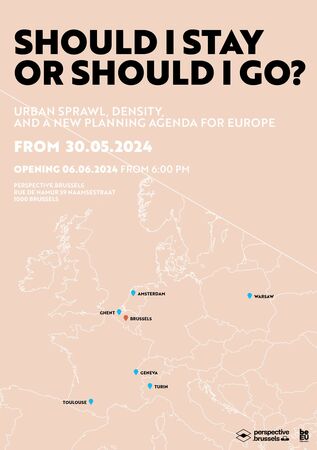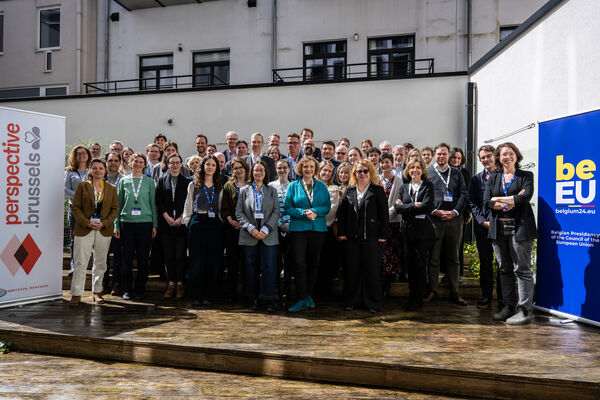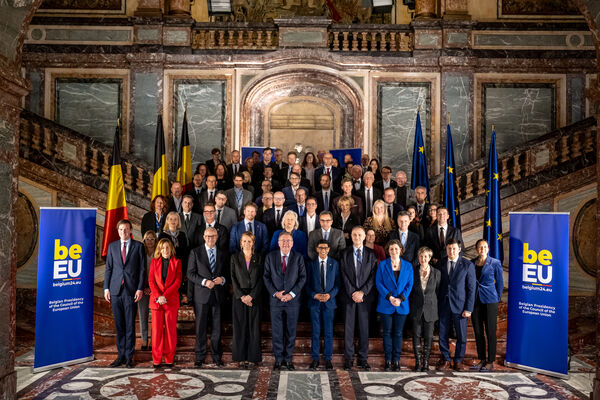- Home
- Urban projects
Urban projects
The territory of the Brussels-Capital Region is constantly developing. Learn more about our urban projects (French or Dutch)
- Urban issues
Urban issues
Housing, facilities, economy, land... perspective.brussels collects and analyses the data essential to the development strategy of the Region. Learn more about these urban issues (French or Dutch)
- Statistics and analyses
- Planning tools
- Who are we?
Presidency of the Council of the European Union
Every six months, the Presidency of the Council of the European Union rotates to one of the Member States. In the first half of 2024, it was Belgium's turn to take on this role
The Presidency of the different policies has been divided between the federal level, the federated entities and the community entities. The Brussels Capital Region presided over the "Environment" and "Urban Policy" Councils.
As the regional administration responsible for urban development, Perspective has been entrusted by the regional government with the task of organising urban policy activities on behalf of the region and the country. A team has been set up within Perspective to coordinate and organise all urban policy meetings.
Visit the Council of the EU website for more information on the Council of the EU and its Presidency.
Belgium's priorities
Belgium's urban policy priorities
During this presidency, Belgium will conveyed 3 main messages for urban policy:
- defending the urban and metropolitan dimensions in European policies and post-2027 programming;
- reaffirming the importance of major cities as European partners and driving forces;
- recognising spatial planning, the territorial approach and urban governance as essential tools for achieving European (urban) objectives.
Two thematic focuses for Brussels
Belgium's thematic priorities help to strengthen the position of land use planning as a tool for urban transitions:
- the future post-2024 urban policy;
- combatting urban sprawl and promoting quality density.
Urban policy
The specificity of urban policy
Urban policy is not an EU competence. It is a matter solely for the Member States, who alone have the power to legislate in this area.
As such, Member States deal with urban policy issues at an intergovernmental level within the Informal Council, which is coordinated by the country holding the presidency.
The Union's lack of formal powers does not prevent there being urban implications in the implementation of its policies, and hence the usefulness of exchanges between Member States on this subject. The exchanges and meetings organised by the Presidency, at both political and technical levels, help to develop a common urban framework. This framework encourages, drives and coordinates actions that have an impact on cities.
The Urban Agenda for the EU is the most important common framework, promoting cooperation between Member States, cities, the European Commission and other stakeholders. It enables cities to be more involved in developing European policies and has set up partnerships on 14 core themes that are key to their future.
For each theme, these partnerships are aimed at:
- better funding for thematic projects;
- a better understanding of the theme;
- better legislation for the theme.
Context
The specific context of the Belgian presidency
The Belgian presidency took place at a key time:
- the election of a new European Parliament (June 2024), leading to the appointment of a new European Commission team (November 2024);
- Belgian federal and regional elections (June) leading to the constitution of new federal, regional and community government teams;
- the preparation of the EU's cohesion policies for the post-2027 period. (The cohesion policy finances local projects and aims to reduce development disparities between the different regions of the EU. The cohesion policy accounts for around a third of the EU budget.).

